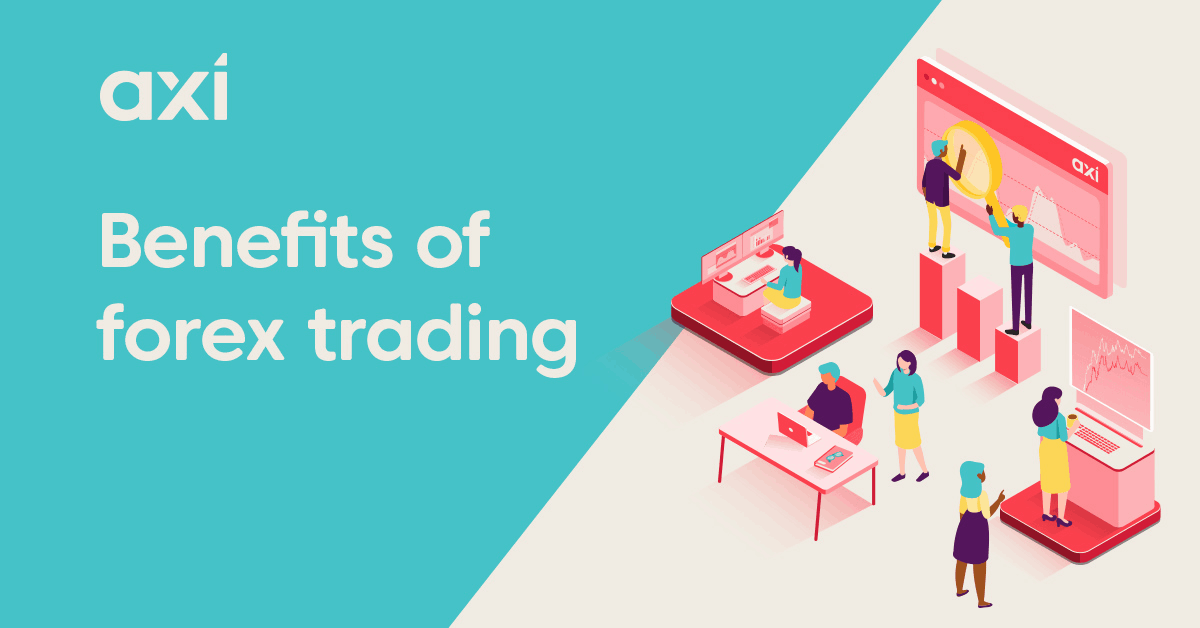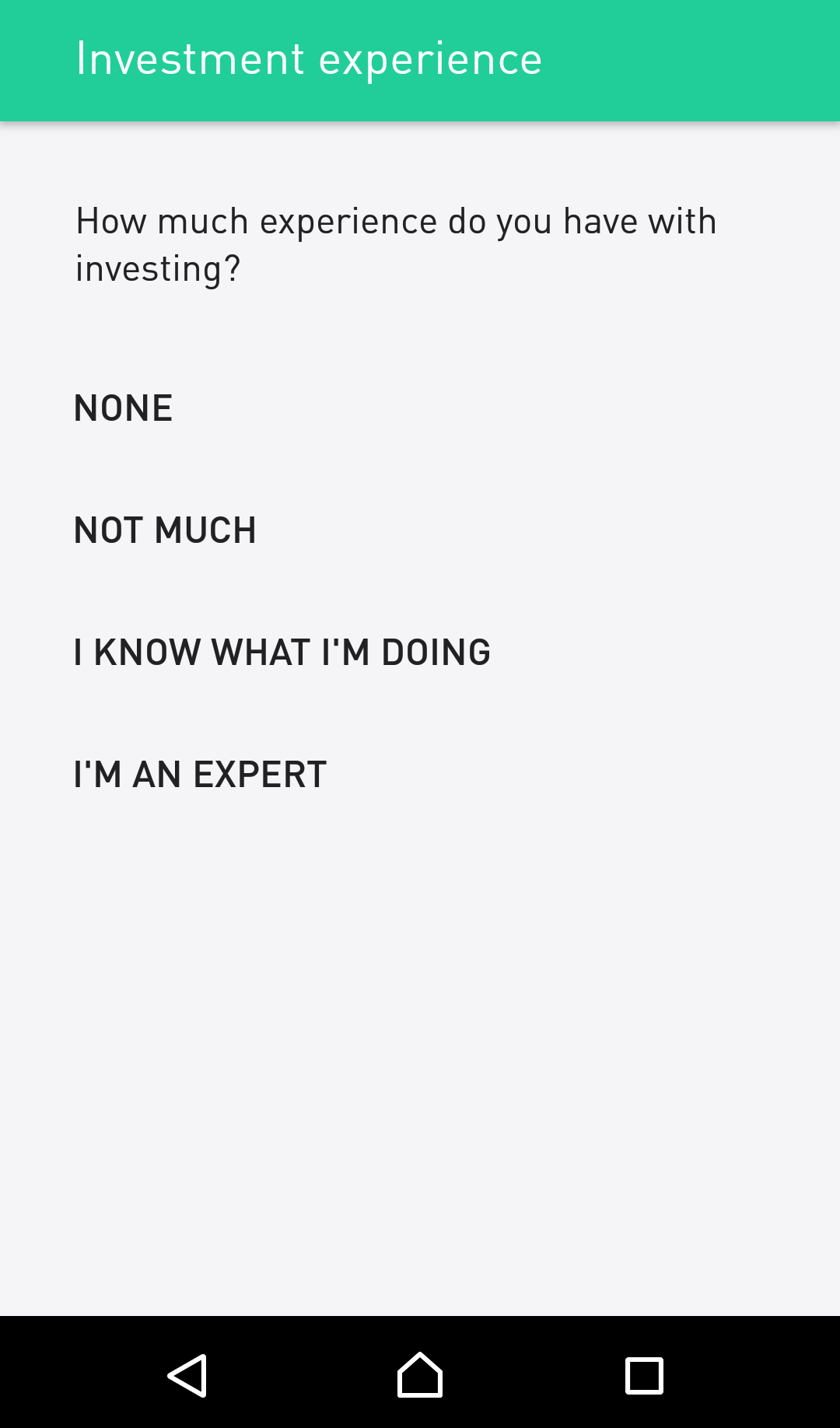
Dividends are recurring payments received from a company to an investor. Investors who regularly receive good dividends have a higher likelihood of being loyal to the company, and will continue to invest. However, many investors don't understand how these payments work. This article will provide some insight into the matter. Dividends are paid quarterly. They are taxed and can be reinvested. Here are some frequently asked questions about dividends.
Dividends are a recurring monthly payment
Dividends are something you probably know if you own stock. These dividends are paid from the company's Treasury after expenses and reinvested income. The payout ratio for dividends varies by industry and company phase, but in general, utilities tend to offer higher dividend payments than consumer discretionary companies, which focus on keeping their dividend payments stable when the economy is weak. The company can decide to give excess cash back to shareholders to either invest it or keep it for future requirements.
Depending on the company, dividends can be paid as regular or irregular. Regular dividends are distributed quarterly, but some companies may pay them twice a year, or monthly. Variable dividends are paid irregularly and are not a reliable option for investors who are not used to a predictable dividend schedule. A company's quarterly dividend payments will differ from quarter-to-quarter depending on its profitability. It's important that you consider both your investment strategy AND the dividend payout.

They are paid quarterly
The term "dividend" describes a cash payment made to shareholders of a company. This payment is usually paid quarterly, but some companies pay annual dividends. Only a few companies pay their dividends each week or monthly. These are just a few reasons to consider investing in a company. Dividends can be earned every month by earning extra income through monthly payments. They are paid quarterly.
Dividend payments are a way for investors to reward their trust and earn cash. Investors are more likely to remain with a company that pays a steady dividend. Dividends can not only increase a company’s bottom line but they can also help with retirement savings. Investors look for dividend-paying companies. Dividends are a great way to add value to your portfolio or supplement other income sources. Dividends can be reinvested in the portfolio to provide additional cash for investors.
They are taxed
Dividend stock investors often have questions about how dividends will be taxed. This issue can be very confusing. Not only do you need to be aware of the different types and amounts of dividends, but also how much of income is subject to tax. For example, if you make $150,000 annually and receive $10,000 in dividends you will be subject to 15% tax, while the rest will be subject to the federal income tax rate.
The United States tax dividends to nonresidents at 30%. However, this tax is rarely paid out by investors. A number of tax treaties have resulted in the United States having a lower tax rate for dividends. Interest-related dividends, which are paid to shareholders, are taxed at a lower rate than non-interest-related dividends. Although the rates of dividend taxation vary by country and region, the most common rates are the Federal, State, and Local rates.

They can be reinvested
While a dividend reinvestment program is not an investment, it automates the process for reinvested dividends. Dividends may be either qualified, or unqualified. Unqualified dividends are subject to the ordinary income tax. Certain foreign and US-based corporations pay qualified dividends to investors who meet certain holding periods. Investors can enjoy 0%, 15%, or 20% tax rates on these dividends, depending on their total taxable income.
Investors have the option of reinvesting their dividends into other investments or keeping them in the portfolio. If you have a large enough dividend yield, reinvesting the money can increase your portfolio's value significantly. If your dividends are not re-invested, you might be able to reinvest them in other investments. Dividends are also a source of current income. Reinvesting dividends can be a smart choice if you have lower expenses than your income.
FAQ
How do people lose money on the stock market?
The stock market isn't a place where you can make money by selling high and buying low. You lose money when you buy high and sell low.
The stock market is an arena for people who are willing to take on risks. They would like to purchase stocks at low prices, and then sell them at higher prices.
They want to profit from the market's ups and downs. But if they don't watch out, they could lose all their money.
What is a Reit?
An entity called a real estate investment trust (REIT), is one that holds income-producing properties like apartment buildings, shopping centers and office buildings. These companies are publicly traded and pay dividends to shareholders, instead of paying corporate tax.
They are similar to a corporation, except that they only own property rather than manufacturing goods.
What are the pros of investing through a Mutual Fund?
-
Low cost – buying shares directly from companies is costly. Purchase of shares through a mutual funds is more affordable.
-
Diversification – Most mutual funds are made up of a number of securities. One type of security will lose value while others will increase in value.
-
Management by professionals - professional managers ensure that the fund is only investing in securities that meet its objectives.
-
Liquidity: Mutual funds allow you to have instant access cash. You can withdraw your money whenever you want.
-
Tax efficiency- Mutual funds can be tax efficient. This means that you don't have capital gains or losses to worry about until you sell shares.
-
Buy and sell of shares are free from transaction costs.
-
Mutual funds can be used easily - they are very easy to invest. All you need to start a mutual fund is a bank account.
-
Flexibility – You can make changes to your holdings whenever you like without paying any additional fees.
-
Access to information – You can access the fund's activities and monitor its performance.
-
Investment advice - you can ask questions and get answers from the fund manager.
-
Security - know what kind of security your holdings are.
-
You have control - you can influence the fund's investment decisions.
-
Portfolio tracking - you can track the performance of your portfolio over time.
-
Ease of withdrawal - you can easily take money out of the fund.
Investing through mutual funds has its disadvantages
-
Limited investment options - Not all possible investment opportunities are available in a mutual fund.
-
High expense ratio – Brokerage fees, administrative charges and operating costs are just a few of the expenses you will pay for owning a portion of a mutual trust fund. These expenses can reduce your return.
-
Lack of liquidity: Many mutual funds won't take deposits. They must only be purchased in cash. This limits the amount that you can put into investments.
-
Poor customer service: There is no single point of contact for mutual fund customers who have problems. Instead, you must deal with the fund's salespeople, brokers, and administrators.
-
High risk - You could lose everything if the fund fails.
What is a Stock Exchange and How Does It Work?
A stock exchange is where companies go to sell shares of their company. This allows investors to buy into the company. The market determines the price of a share. It is typically determined by the willingness of people to pay for the shares.
The stock exchange also helps companies raise money from investors. Investors invest in companies to support their growth. They buy shares in the company. Companies use their money to fund their projects and expand their business.
Many types of shares can be listed on a stock exchange. Some of these shares are called ordinary shares. These are the most common type of shares. Ordinary shares can be traded on the open markets. Shares are traded at prices determined by supply and demand.
Preferred shares and debt securities are other types of shares. When dividends are paid out, preferred shares have priority above other shares. These bonds are issued by the company and must be repaid.
What is a Bond?
A bond agreement is an agreement between two or more parties in which money is exchanged for goods and/or services. It is also known as a contract.
A bond is typically written on paper and signed between the parties. The bond document will include details such as the date, amount due and interest rate.
When there are risks involved, like a company going bankrupt or a person breaking a promise, the bond is used.
Bonds can often be combined with other loans such as mortgages. This means that the borrower must pay back the loan plus any interest payments.
Bonds can also be used to raise funds for large projects such as building roads, bridges and hospitals.
A bond becomes due upon maturity. This means that the bond owner gets the principal amount plus any interest.
Lenders lose their money if a bond is not paid back.
What is the role and function of the Securities and Exchange Commission
SEC regulates the securities exchanges and broker-dealers as well as investment companies involved in the distribution securities. It enforces federal securities laws.
How Does Inflation Affect the Stock Market?
The stock market is affected by inflation because investors need to pay for goods and services with dollars that are worth less each year. As prices rise, stocks fall. That's why you should always buy shares when they're cheap.
Statistics
- Even if you find talent for trading stocks, allocating more than 10% of your portfolio to an individual stock can expose your savings to too much volatility. (nerdwallet.com)
- "If all of your money's in one stock, you could potentially lose 50% of it overnight," Moore says. (nerdwallet.com)
- Our focus on Main Street investors reflects the fact that American households own $38 trillion worth of equities, more than 59 percent of the U.S. equity market either directly or indirectly through mutual funds, retirement accounts, and other investments. (sec.gov)
- The S&P 500 has grown about 10.5% per year since its establishment in the 1920s. (investopedia.com)
External Links
How To
What are the best ways to invest in bonds?
A bond is an investment fund that you need to purchase. They pay you back at regular intervals, despite the low interest rates. These interest rates can be repaid at regular intervals, which means you will make more money.
There are many different ways to invest your bonds.
-
Directly buy individual bonds
-
Buy shares of a bond funds
-
Investing via a broker/bank
-
Investing through financial institutions
-
Investing via a pension plan
-
Directly invest with a stockbroker
-
Investing through a Mutual Fund
-
Investing in unit trusts
-
Investing through a life insurance policy.
-
Investing with a private equity firm
-
Investing via an index-linked fund
-
Investing via a hedge fund